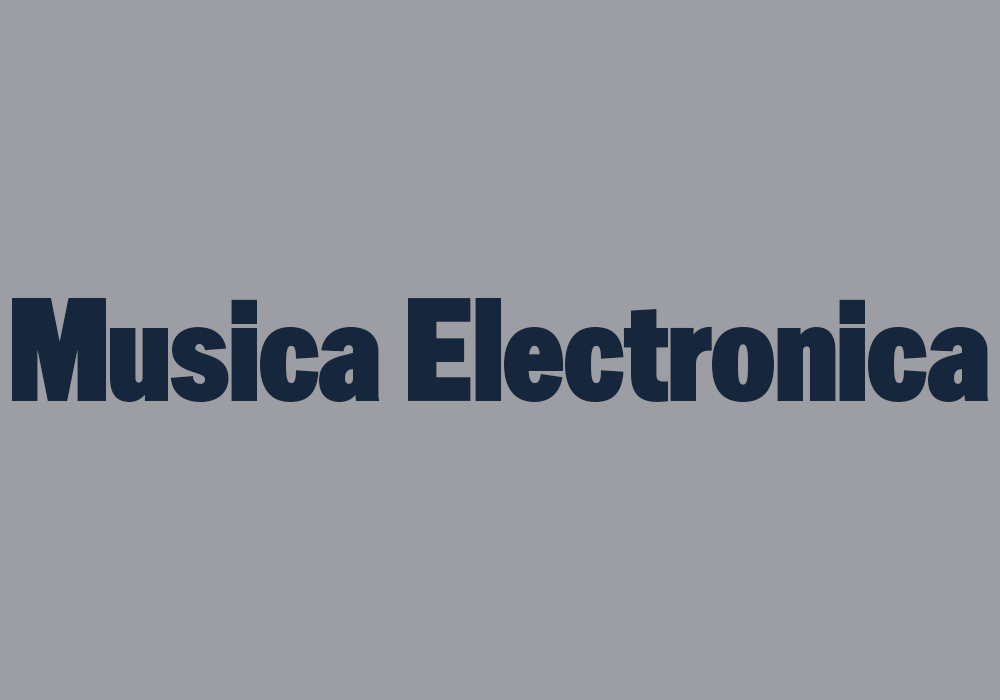Stalled at Universal – CKDH & Dora Doll
CKDH Dora Doll
Edinburgh. Sinewave manipulating Giant Tank-ette goes head-to-head with Decaer Pinga’s first lady of noise.
Arika have been creating events since 2001. The Archive is space to share the documentation of our work, over 600 events from the past 20 years. Browse the archive by event, artists and collections, explore using theme pairs, or use the index for a comprehensive overview.
Edinburgh. Sinewave manipulating Giant Tank-ette goes head-to-head with Decaer Pinga’s first lady of noise.

Three documentary films exploring diverse realities of sex workers around the world followed by a closing ceremony of the festival.

A sound diffusion piece by Glasgow University’s Musica Electronica, and a further selection of electroacoustic performances.
Discussion with David Keenan: an author, critic and musician based in Glasgow, Scotland. He is best known for the reviews and features he has contributed to The Wire.
Power-electronic klutz behaviour indecipherable blasphemies, cuts, bruises and broken microphones by Kovorox Sound head-honcho Lea Cummings.

A voice that can vault from an elegantly whispered insinuation to asphyxiated and murderous barks or squalls in a heartbeat.

Can we find ideas of queer anarchism, failure and low theory in popular culture?

For day three of Ultra-red’s project, the investigation will take up protocols for listening to the sound of freedom composed and facilitated by Nancy Nevárez.

Can we use sound, repetition and difference to personally and collectively engage with space, time and labour?

A recreation of one of Gustav Metzger’s celebrated auto destructive performances.

Beyond time, colorlines, ability, and sexuality, a movement exploration into what it means to see and be seen, how hearing contrast with what is actually being heard.

How can we imagine bodies not as an end in themselves, but as a medium through which we can become one another’s means?